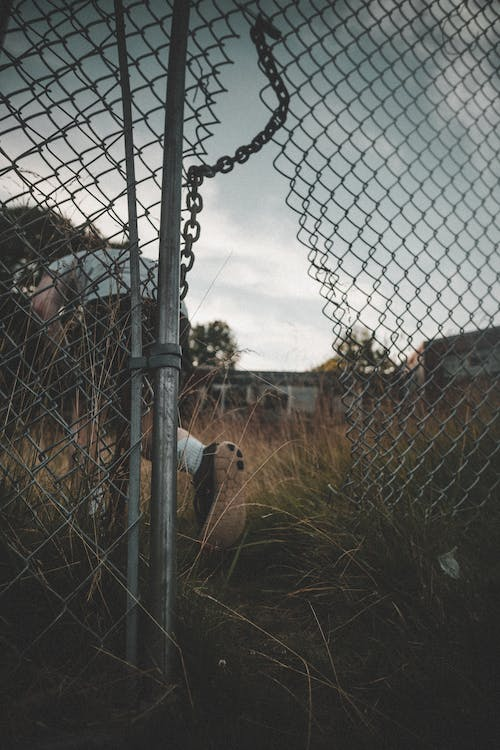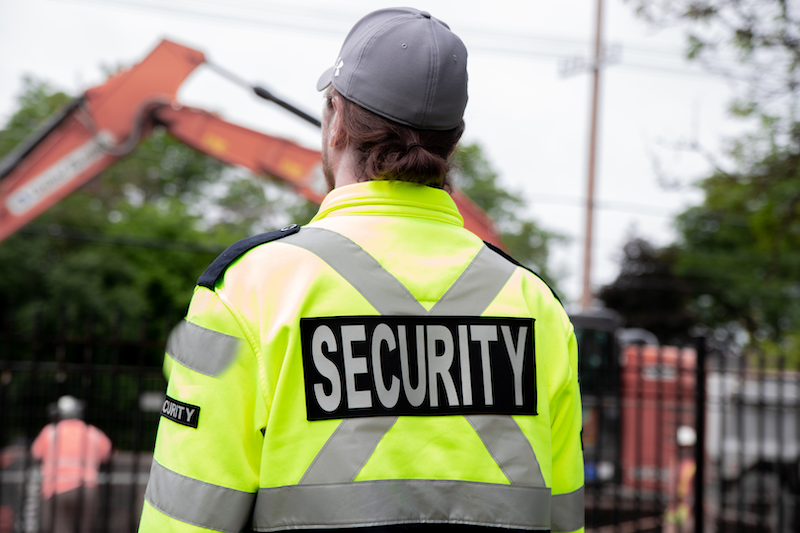As the victim of injuries resulting from a crime that occurred due to negligent security, you are likely suffering from physical trauma, emotional suffering, costly medical bills, psychological counseling, lost wages, diminished earning capacity, or wrongful death of a loved one. Our Northern Virginia inadequate security lawyers promise to help find who is liable for your injuries. When we move forward with your negligent security case, we will make it our mission to fight for the compensation you deserve to begin to move forward with your life.
Contact Us Today to Schedule
A Free Consultation
A negligent security lawyer in Northern Virginia can help prove who is responsible for any injuries you receive because of the lack of security on the property. They will show that if the property owner did have the proper security in place at the time of your accident, you would not have been injured.
The experienced attorneys at Regan Zambri Long understand that negligent security claims are built upon the following foundation:
Contact Regan Zambri Long today for a no-obligation, free consultation. Our Northern Virginia inadequate security lawyers are experienced in premises liability cases involving negligent security, and we are more than prepared to take on yours.
Inadequate security, also often called negligent security, means that a property owner is responsible for any personal injury inflicted on a property guest because of lack of security. For example, if another customer attacks a bar patron and there are no staff members available to prevent the fight, the bar owner may be held responsible for inadequate security. In this example, the bar patron would not have been injured if there were security staff members present at the time of the incident.
According to premises liability law, businesses and property owners must ensure their premises are reasonably safe. This duty of care includes providing adequate security measures to prevent third parties from harming guests, customers, and tenants. Without these reasonable security measures, the risk of injuries from a criminal offense grows. Often, the injuries that are sustained as a result of negligent security are from violent crimes such as aggravated assault, armed robbery, or rape. As the victim of a crime on someone else’s property, you very well may have grounds for a negligent security claim, and you may be entitled to compensation. The key is to establish liability.
Common examples of inadequate security in Northern Virginia include:

If a property or business owner does not take these reasonable steps to secure their business or property, and a crime occurs on their property, they are likely to be held liable for injuries sustained by any guests, customers, or tenants as a result of the crime; particularly if the crime could have been prevented with operational and adequate security. Without those things in place, we have ourselves a negligent security case.
Reasonable is often a considerably subjective word. One person’s definition of “reasonable” can certainly differ from someone else’s. When we are talking about a property owner providing reasonable safety on their premises, we are often referring to a foreseeable crime being prevented due to the safety measures put into place.
In some ways, foreseeability is a lot like common sense. It’s the idea that someone else could logically anticipate the consequences resulting from one’s action. For example, it is safe to say that one can expect that driving under the influence of alcohol will likely lead to erratic driving and, quite possibly, an accident. Or, if a puddle of spilled liquid in a grocery store causes a slippery floor, most people would assume that someone is likely to fall if it is not cleaned up. The consequences of these negligent actions are probable or foreseeable.
Some examples of foreseeable crimes due to lack of security include:
Property owners can take many reasonable precautions to help prevent a criminal act from occurring on their premises. To keep their guests safe from injuries at the hands of a third party, some common measures property owners can take are:
While property owners are legally required to keep their premises safe, they can not feasibly promise without a doubt that anyone’s safety is guaranteed. To prove that an owner should be held liable for unsafe conditions due to negligent security on their property, the danger must have been foreseeable.
Regan Zambri Long’s experienced Virginia negligent security attorneys will do the work to determine whether a property owner can be held liable for their failure to exercise ordinary care. They will gather evidence and speak with witnesses to learn about what happened at the time of the incident. They will also discuss with experts how the incident could have been prevented.
The property owners of the premises where your injuries occurred would be liable if it was established that the crime was a result of their inadequate security. Along with the property owners, the person or people responsible for the assault, of course, would be held accountable for the inflicted injuries.

Contact Regan Zambri Long for your no-obligation, free consultation with our attorneys today. We are here to inform you of your legal rights and to help you receive the compensation you deserve.